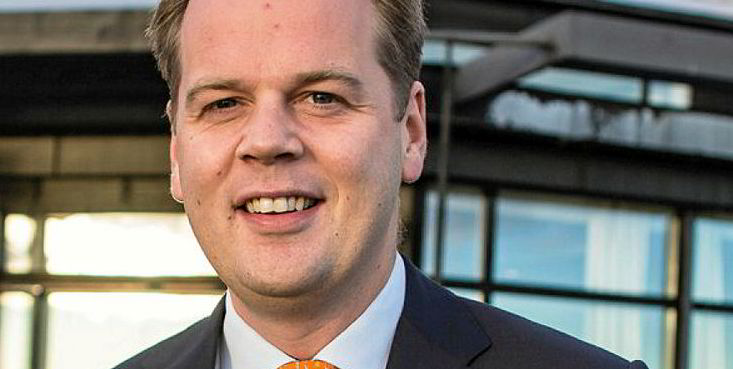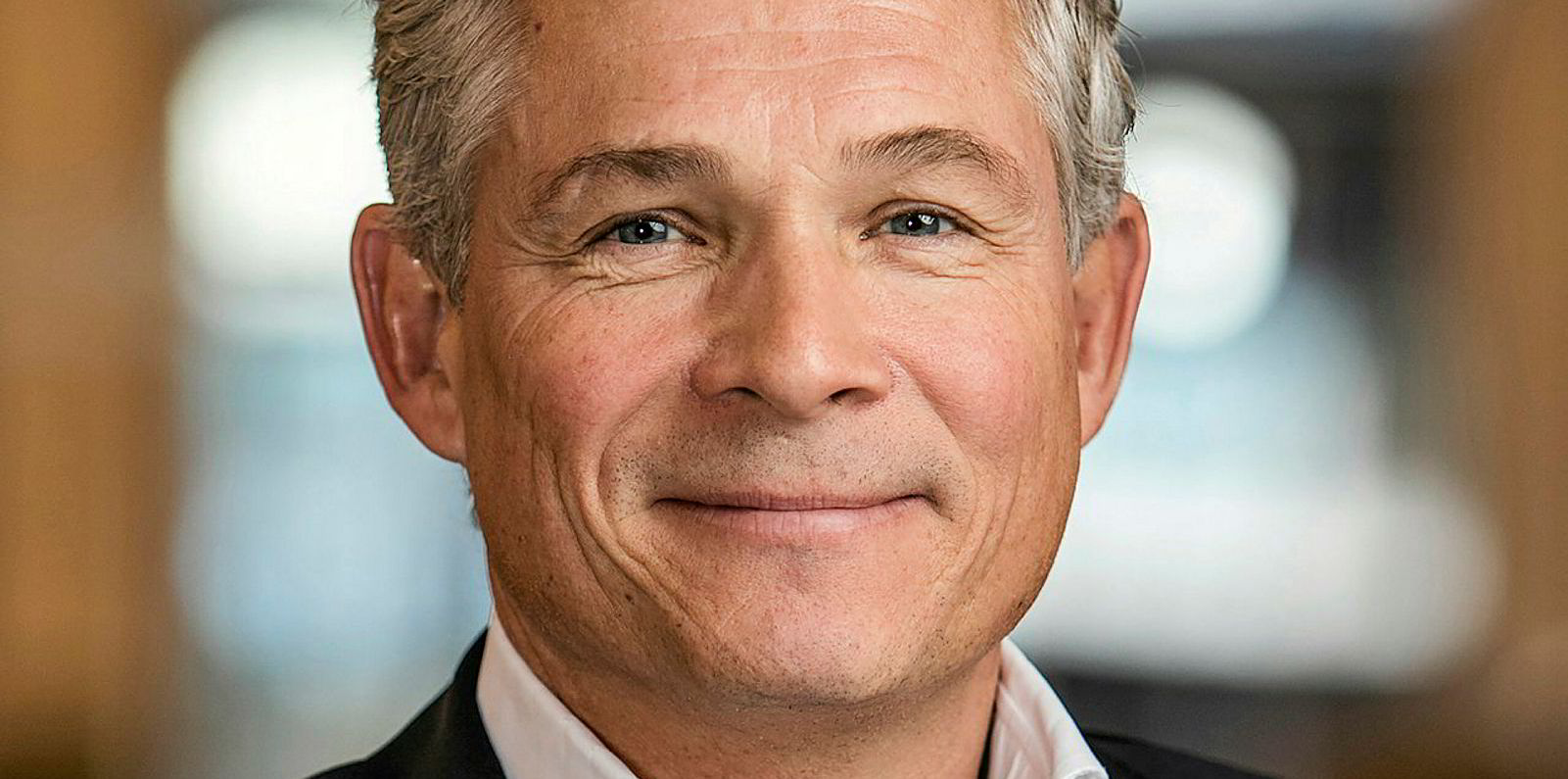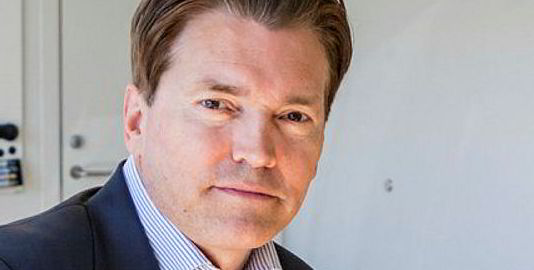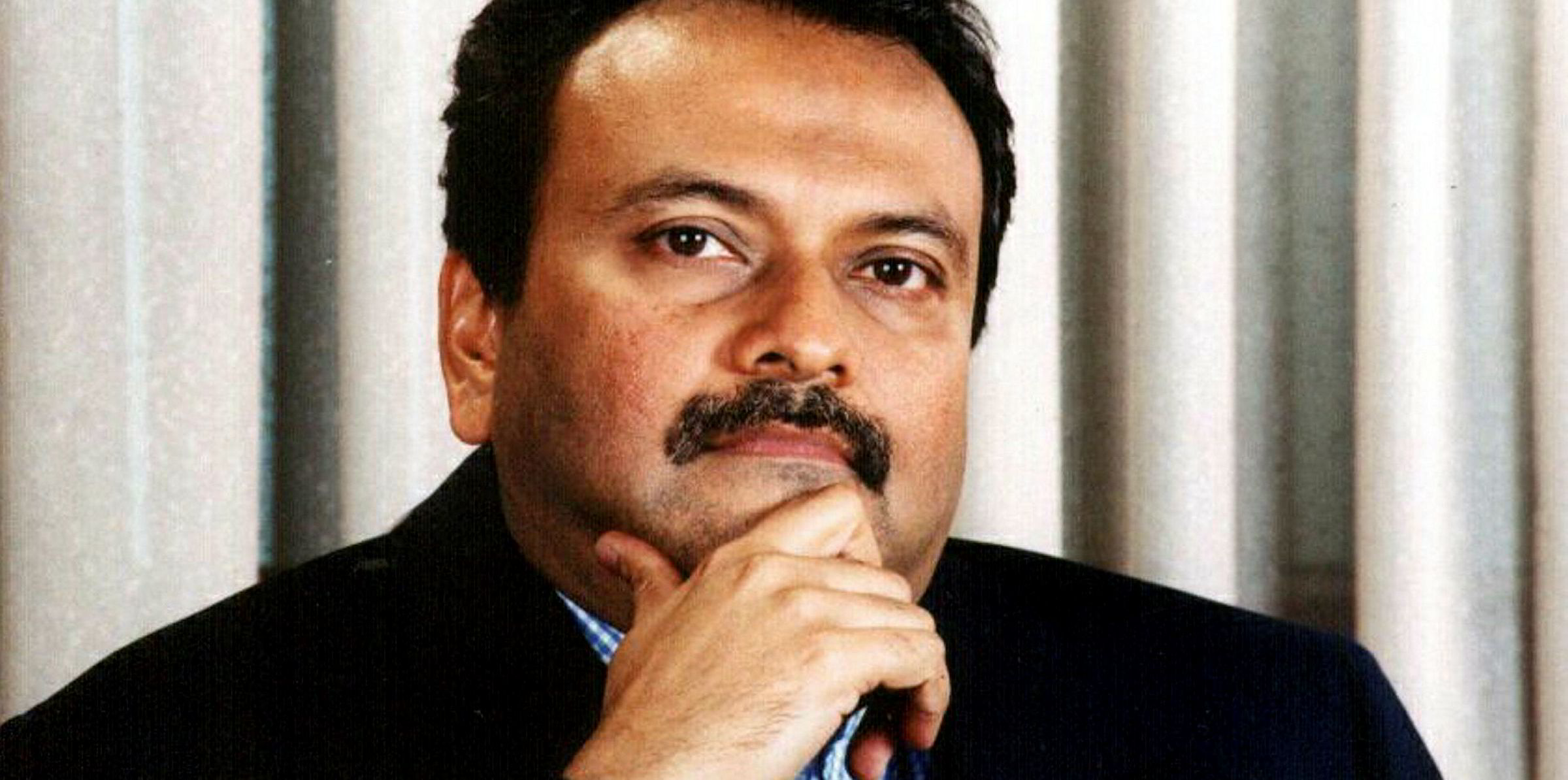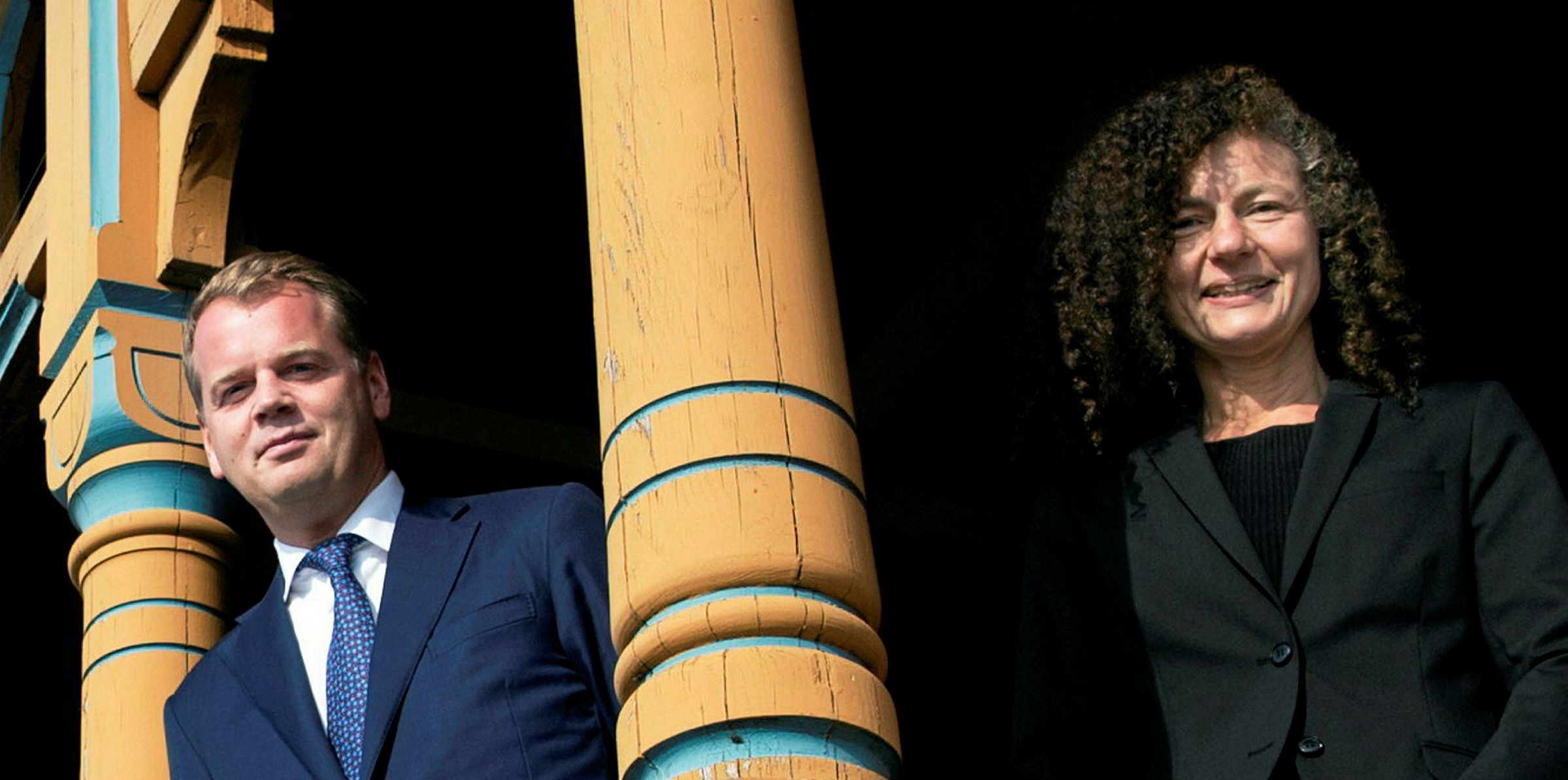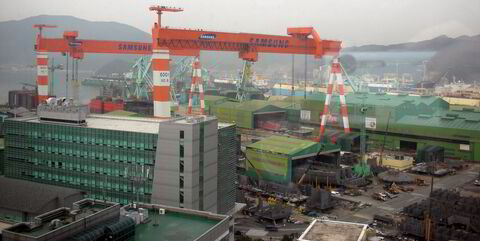Frontline is monitoring chances to expand its fleet, in the belief that it remains a "consolidator" in the tanker sector.
Speaking on a conference call with analysts, chief executive Robert Hvide Macleod said the John Fredriksen-controlled owner is content with its fleet for now, but is always open to the right deal.
"We're pretty happy with the size, we're very happy with the age. We're in a very good shape. We don't need to do anything," he added.
"But if the opportunity came — something like the Trafigura deal we did, which we quite like — then maybe.
"The base case is to enjoy what we have and then to harvest that through having hopefully what is the best operation."
Trading giant Trafigura acquired an 8.48% holding in Frontline when it sold 10 scrubber-fitted suezmaxes to the company as part of a $675m cash and shares deal in August last year.
Macleod was asked if Frontline had considered moving for some of its Nordic rivals trading at significant discounts to net asset value.
He responded: "There are opportunities. Our share premium is there for a reason — we do have a main shareholder who is hugely supportive, and that will remain.
"So, yes, we are a potential consolidator. We will keep tracking opportunities. We're happy with what we have; let's see what comes up and what makes sense.
"Our earnings potential is already there."
Second-quarter net profit hit $200m, from $1m a year ago, bringing the total for the first six months to $365m.
The company has $462m in cash including undrawn loans.
Demand to return
Asked about plans for positioning Frontline's fleet, Macleod said the market is difficult to predict.
"I've been doing this for a few years and my gut feeling is we are going to a normal market," he said.
"We're well, well down on volumes, as we know. World production is 3m to 4m barrels below consumption, which is hurting freight, but it could build a better case as we move towards winter. I've got a feeling things will get better toward the end of the year."
Frontline is trying to reposition suezmaxes in the Atlantic basin.
"If we have the choice between a longer voyage or a shorter one at the current rates, we opt for the shorter one," Macleod said. "There are some potential triggers out there and we're watching it all very closely."
But he added: "At the same time, the volumes remain low, so it all depends on the cargo count. In the Middle East over the summer, one in three cargoes disappeared, but hopefully demand will steadily come back.
"I'm cautious, I'm not doing the bullish act just yet."
Scrubbers still on hold
In May, Frontline said that due to the recent strong market and a decrease in fuel spreads between high and low-sulphur bunkers, it had decided to postpone scrubber installations on two VLCCs and two suezmaxes.
It should save $7.6m from these deferrals, as well as making more money from their continued operation.
Macleod said the company has no immediate plans to restart the scrubber programme.
Frontline has a couple of vessels in shipyards for retrofitting now, but nothing will happen with the four it postponed until scheduled dry-dockings.
"When they enter dry-dockings over the coming quarters, they will be prepared for retrofitting," he said. "All the underwater work will be done, which is a small cost.
"For the time being, the scrubbers will remain in storage at our production facility in Indonesia. The spread is improving a little bit, so we have the optionality."
